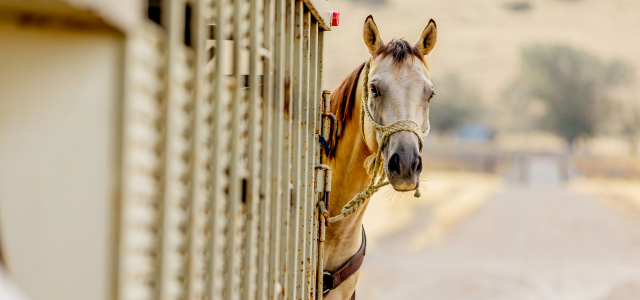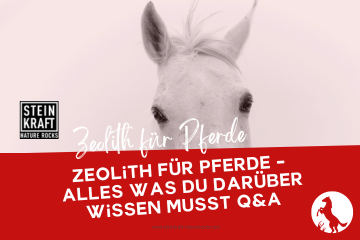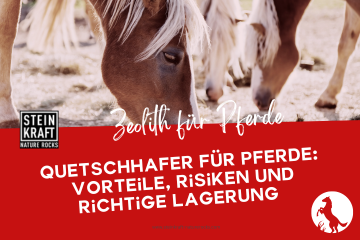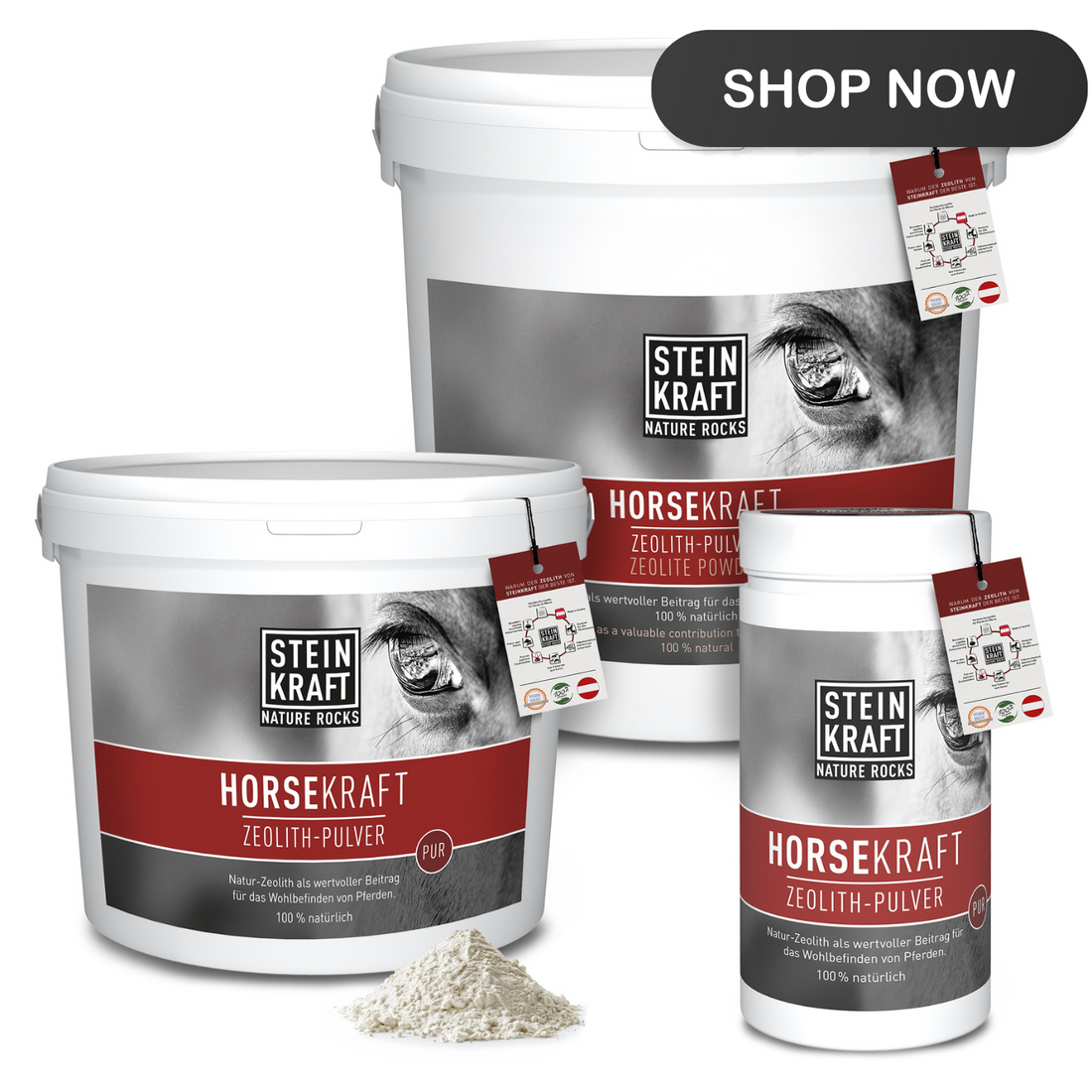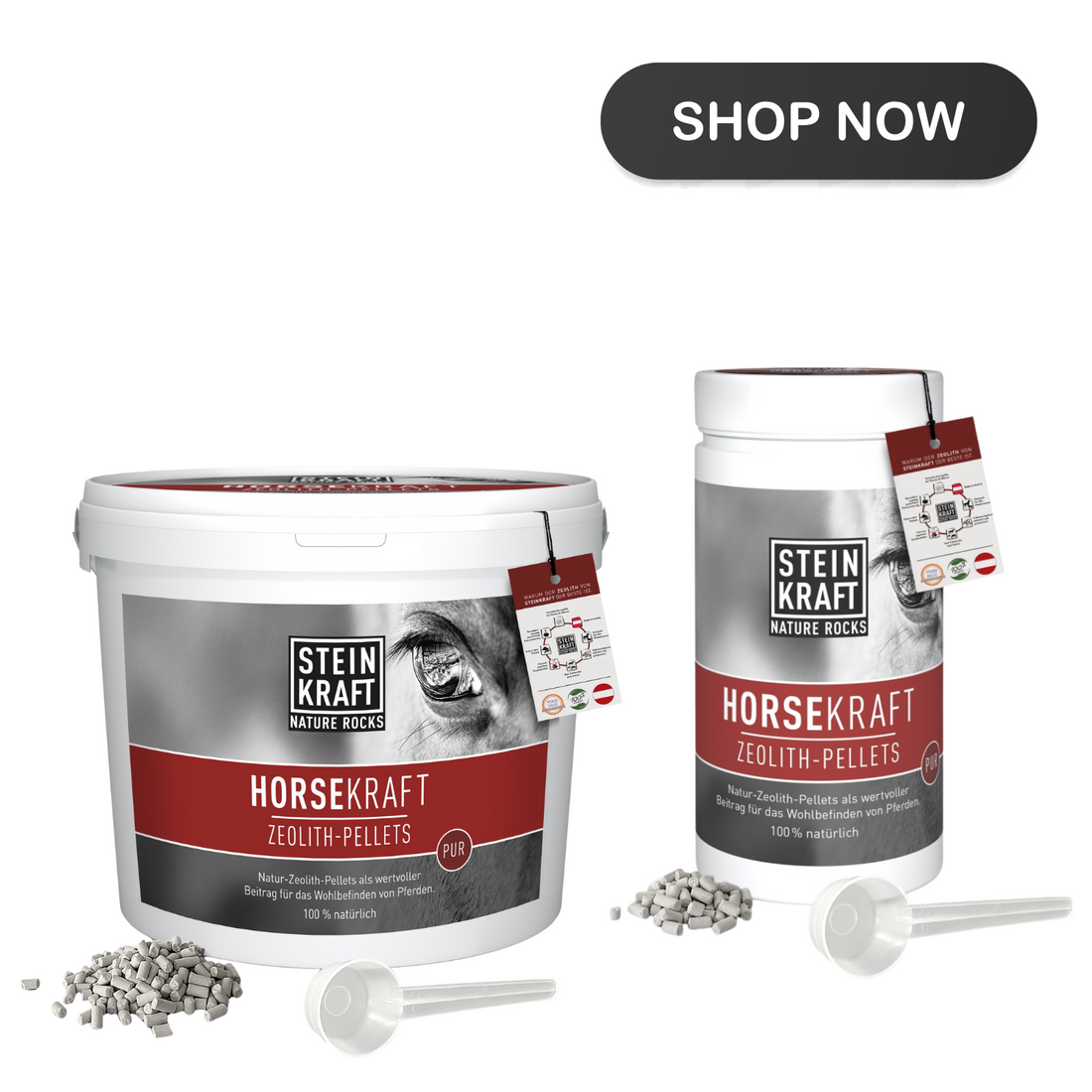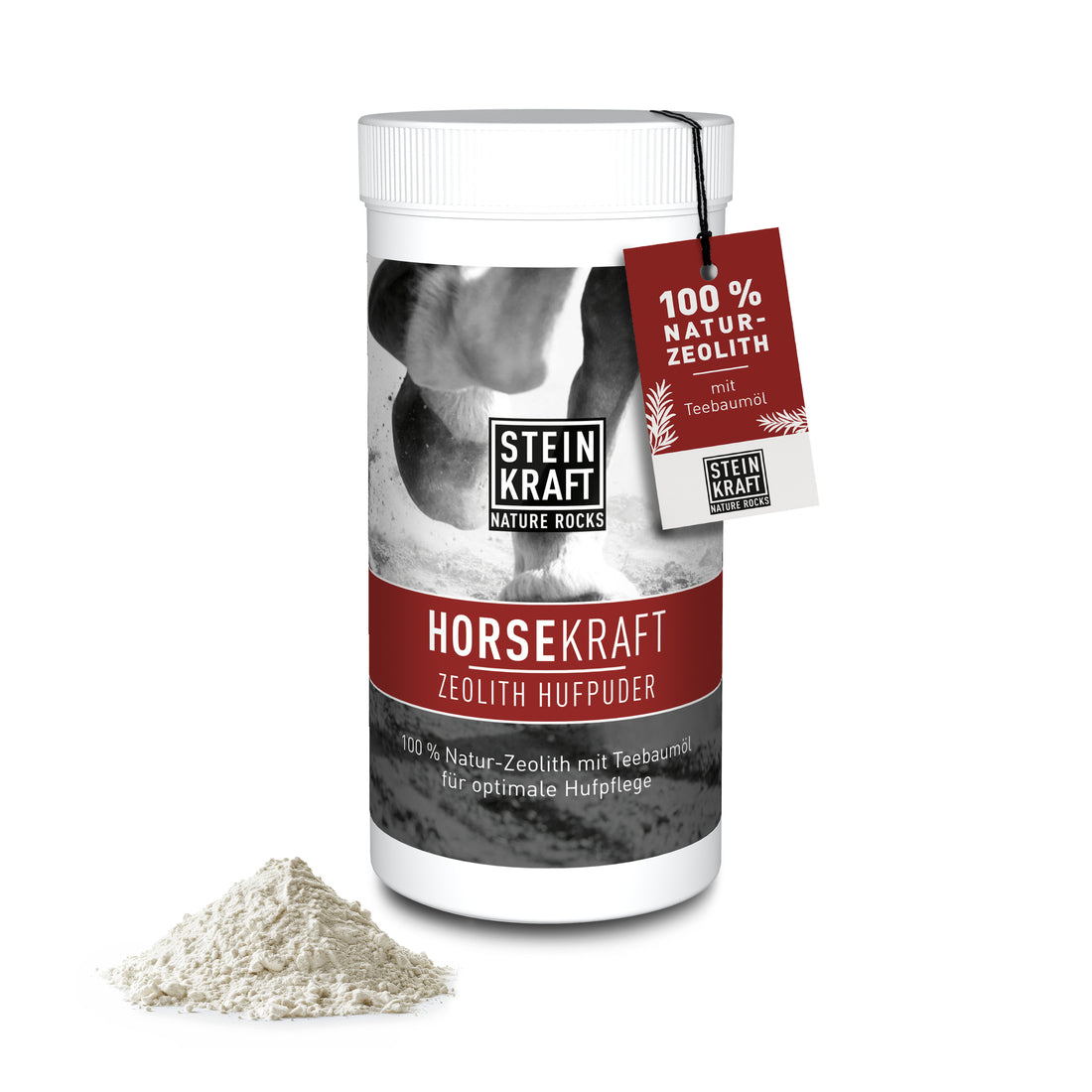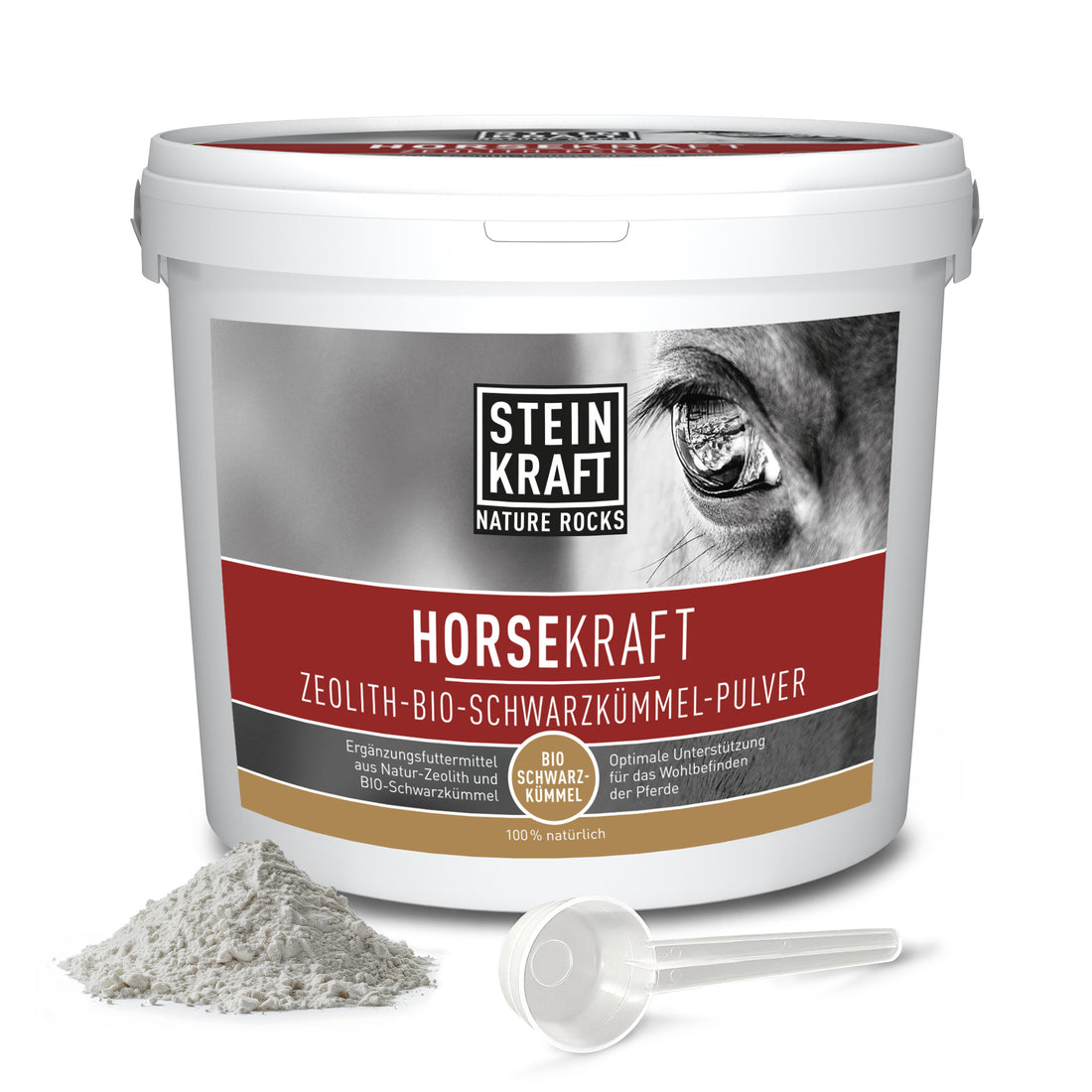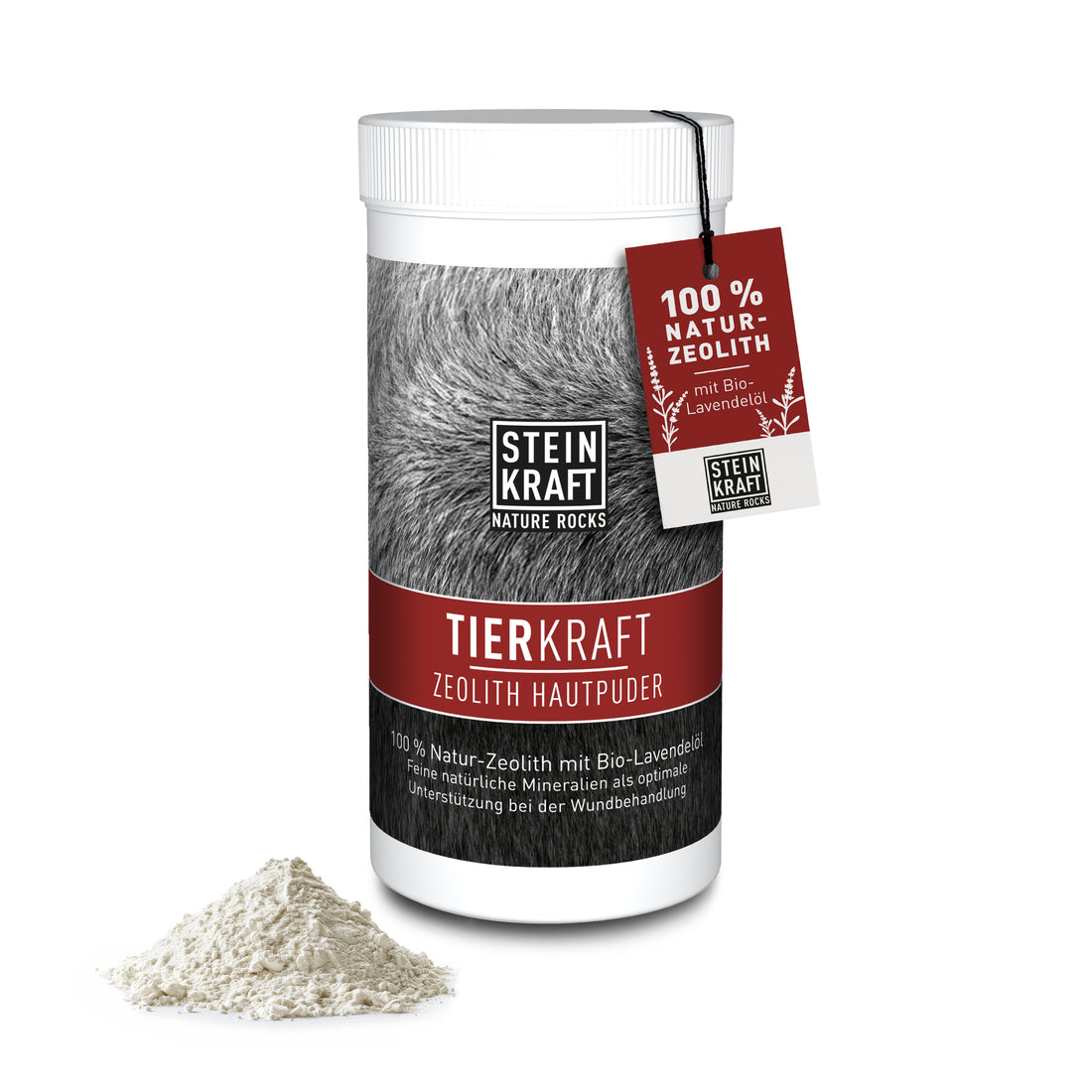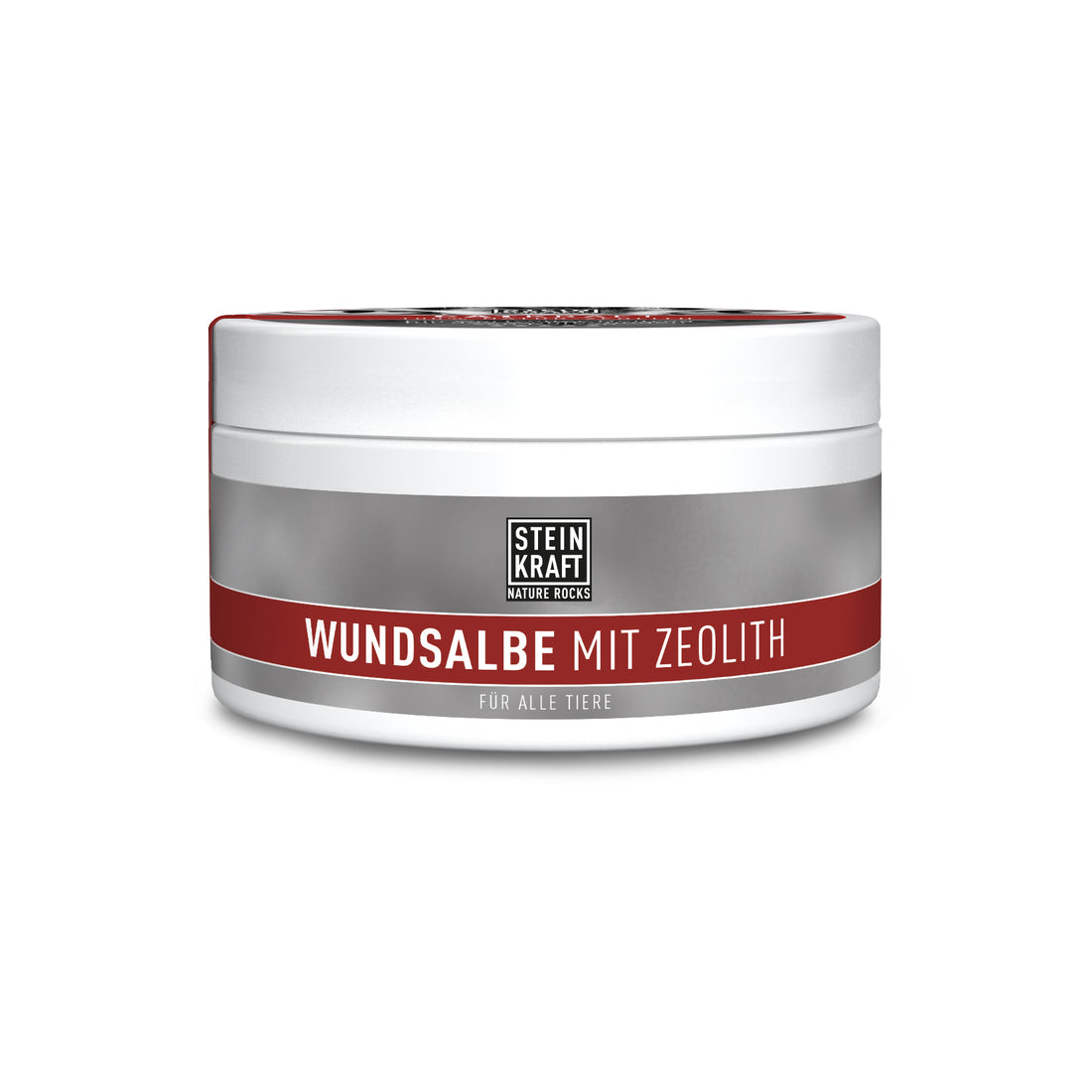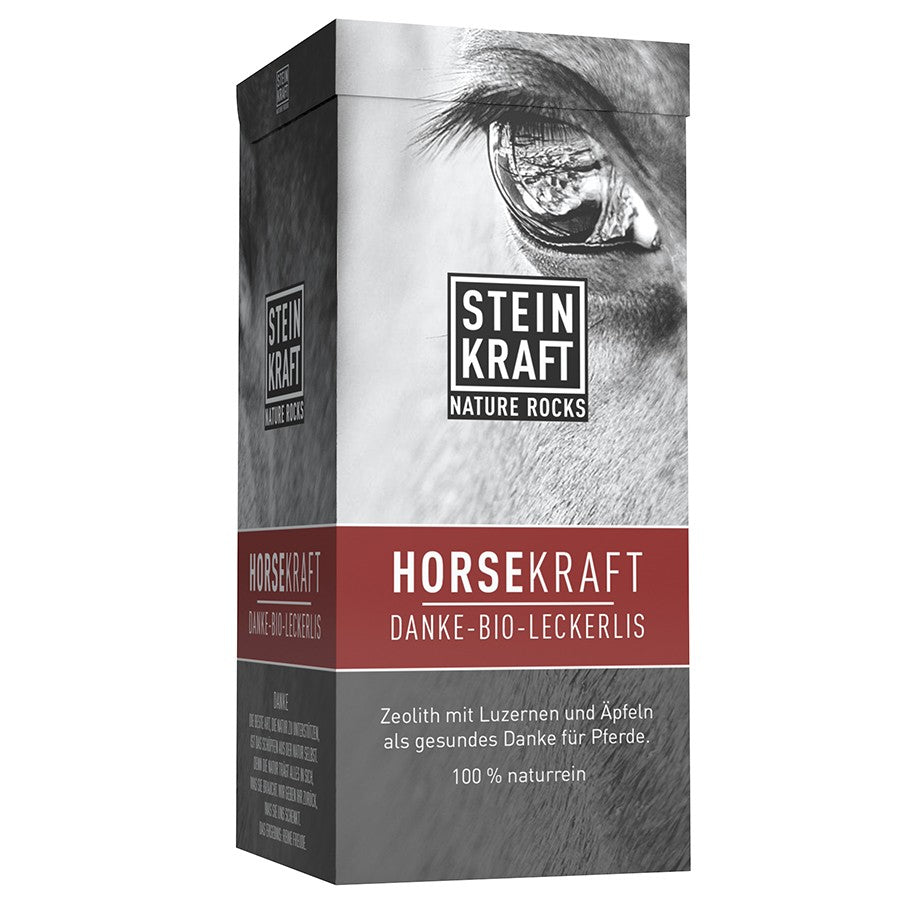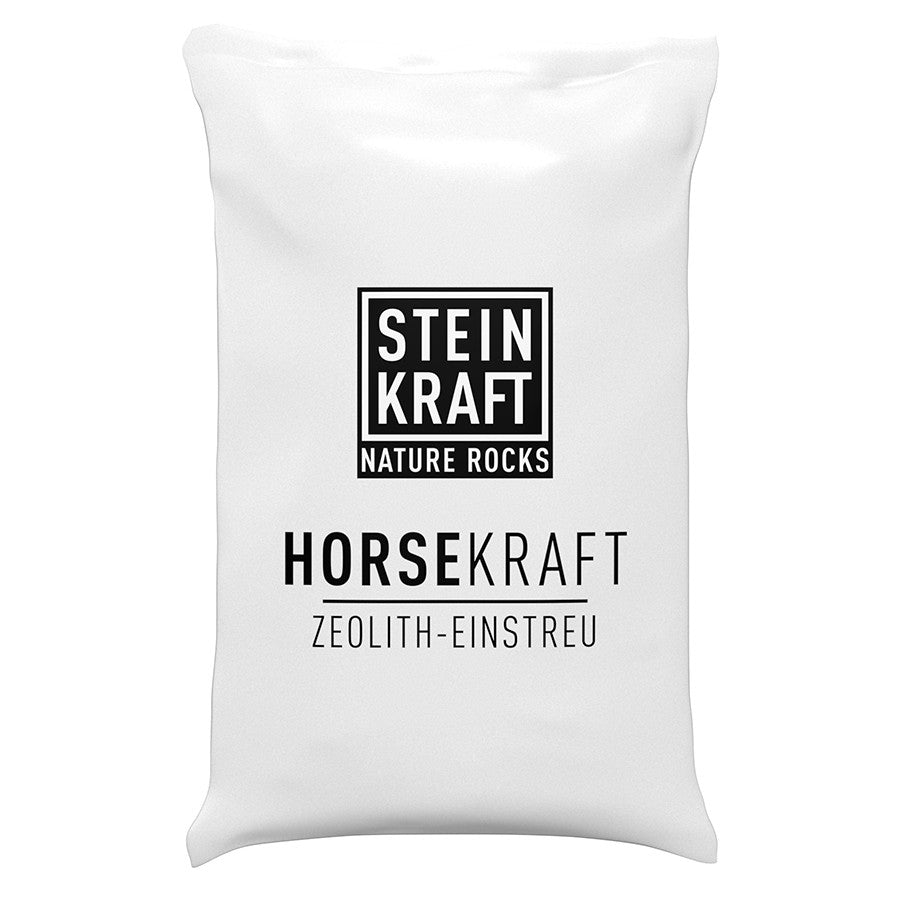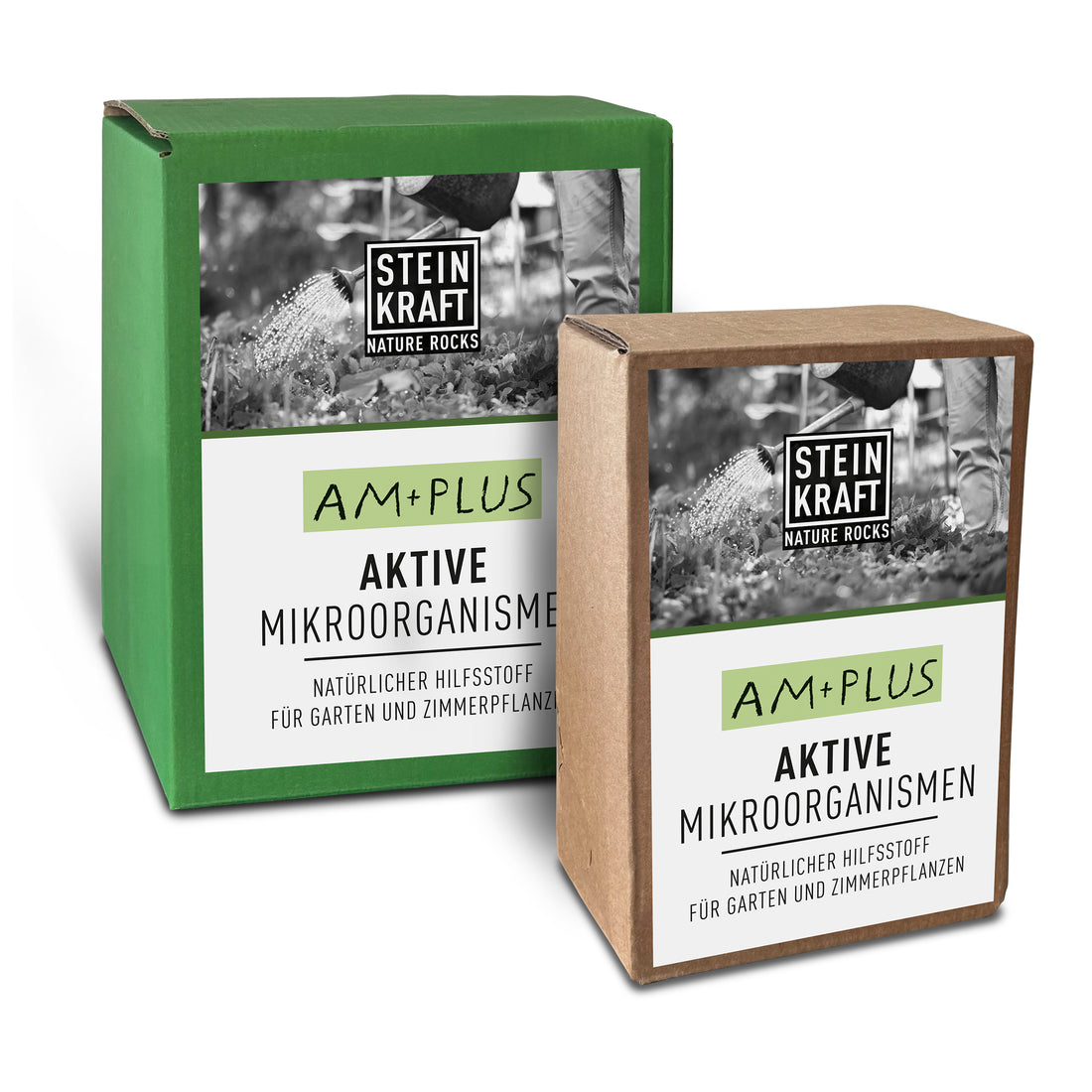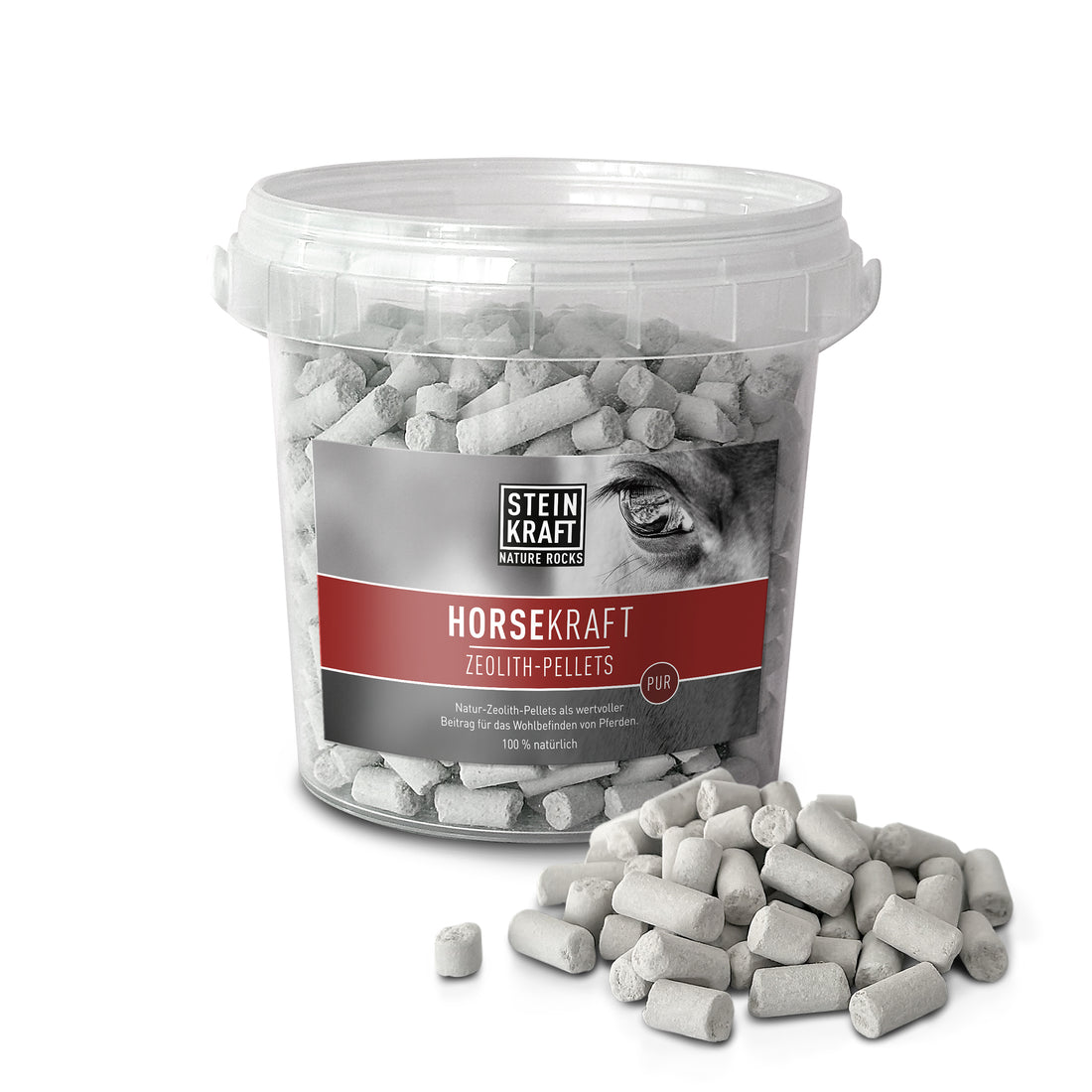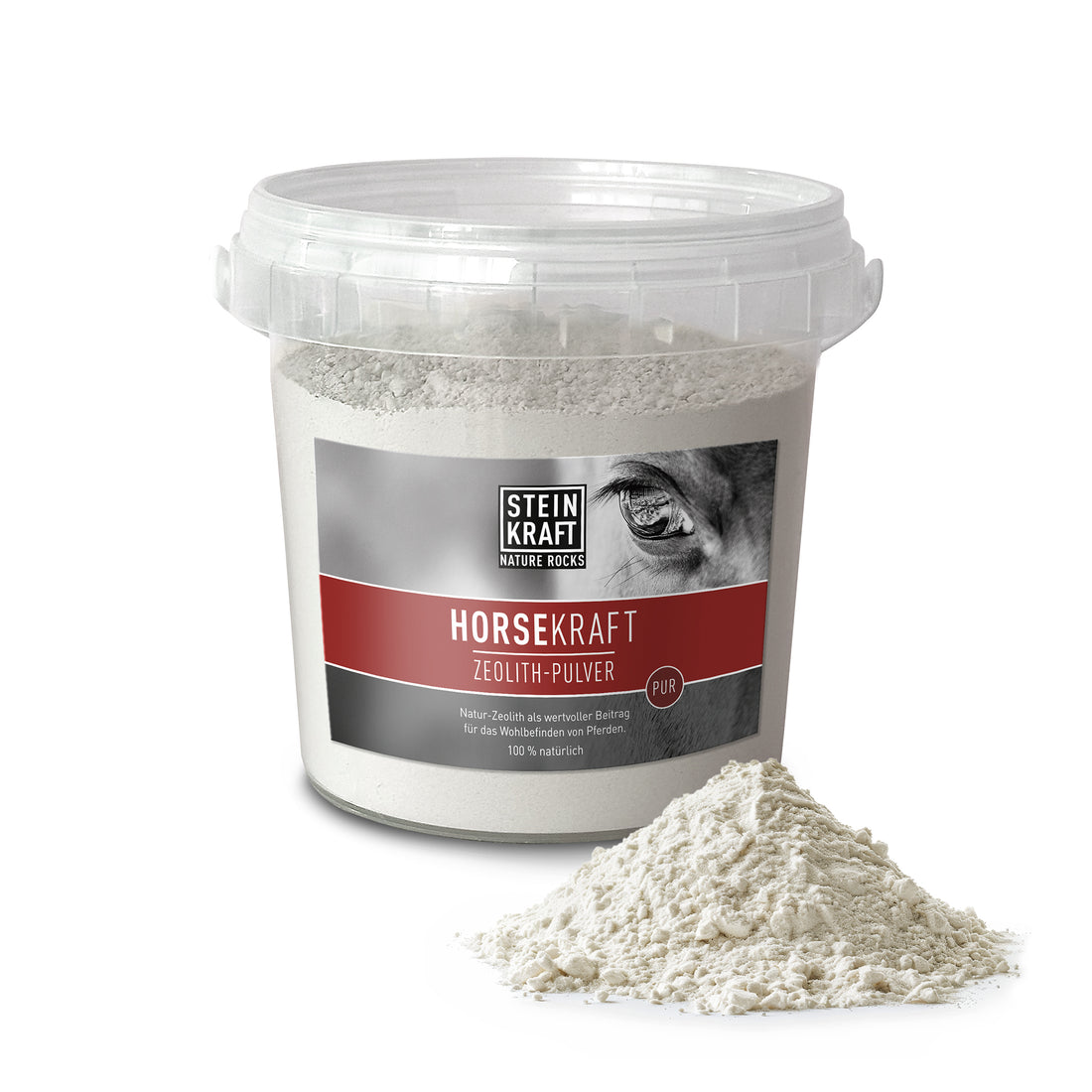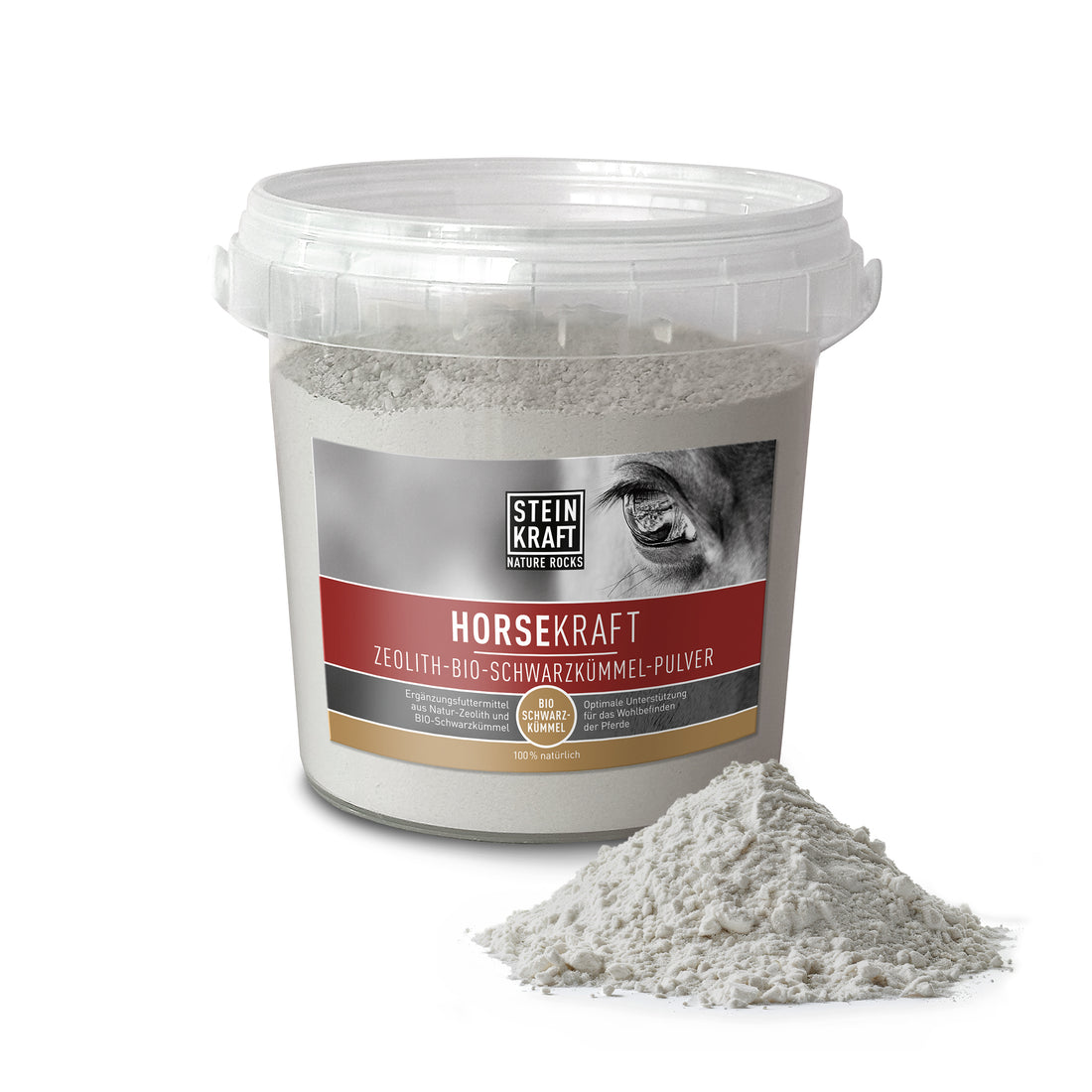Blog post by Milan Krsnik, RSTV GmbH .
For many horses, transport is a major challenge. As flight animals, they are particularly sensitive to unfamiliar situations. Tight spaces, unfamiliar noises, and separation from other horses can trigger extreme nervousness. But with proper preparation, you can help your horse feel more secure.
In this article, you will learn how to recognize stress during transport and which five measures you can take to help your horse overcome its fear of the trailer.
Why do horses get nervous?
Horses are sensitive and quickly perceive changes in their environment. New surroundings, social changes within the herd, or unfamiliar situations can trigger stress. Confined spaces, unfamiliar noises, and physical discomfort also contribute to nervousness.
Many horses react tensely when they find themselves in unfamiliar surroundings. Transport not only represents a change of location for them, but also a disruption to their routine. If they travel alone, the separation from other horses further increases the stress.
Why is transport particularly stressful for horses?
During transport, horses encounter many new stimuli. The limited freedom of movement in the trailer can lead to insecurity, as horses instinctively always look for an escape route. The movement of the trailer also presents a challenge, as they have to maintain their balance during the ride.
In addition, separation from other horses can be extremely stressful. Horses that are particularly bonded to their herd tend to react anxiously when loaded into the trailer alone.
The biggest stress factors in transport
- Limited space and no escape route: a horse quickly feels confined.
- Unusual movements: The swaying and braking of the trailer can be disturbing.
- Separation from other horses: Some horses panic when traveling alone.
- Unsteady or inexperienced riders: Unsafe riding can increase your horse's nervousness.
How does your behavior affect your horse?
Horses are very sensitive to their owners' emotions. If you're tense, hectic, or seem insecure, this will be transferred to your horse. Therefore, it's important to remain calm during loading and during the ride, creating a relaxed atmosphere for both of you.
How do you know if your horse is nervous during transport?
A stressed horse often shows clear signs: increased sweating, whinnying, snorting, or trembling indicate tension. Some horses, when nervous, may refuse food and water or exhibit digestive problems such as diarrhea.
While some horses become restless, kick their hooves, or lean against walls, others react by freezing or tucking their tails. If you recognize these signals early, you can take countermeasures in time and provide your horse with the best possible support in stressful situations.
5 tips for stress-free transport
To make the journey as pleasant as possible for both of you, there are a few things you can do in advance. Here are five tried-and-true tips.
Proper preparation is key
Good preparation begins long before the actual transport. Get your horse used to the trailer early on by letting him get in and out regularly. This will help the trailer become a familiar place. Plan the route in advance to avoid unnecessary stops or difficult stretches. Familiar objects such as a favorite blanket or a net filled with hay can also have a calming effect.
Reward calm behavior
Horses learn through positive reinforcement. When your horse behaves relaxed, you can reward it with a treat, gentle words, or a soothing touch. This builds trust, and the horse associates loading with a positive experience.
Choose the right transport trailer
Not every trailer is suitable for every horse. Make sure the trailer offers enough space for your horse to stand comfortably. Good ventilation ensures fresh air and prevents overheating. A non-slip floor gives your horse better grip, making it easier to get in and out, as well as to stand while driving.
Training: Practice loading and driving
Regular training can significantly reduce your horse's nervousness. Practice loading without any time pressure so your horse doesn't associate it with negative experiences. Start by driving short distances to gradually get him used to the movement of the vehicle. If your horse has difficulty with a particular type of trailer, it's helpful to try out different models.
Sedatives as a last resort
In some cases, there's little time for intensive training. In these cases, sedatives can help, but should always be used as a last resort. Consult a veterinarian to determine the appropriate medication and dosage. Natural alternatives such as herbs or homeopathic remedies can also be helpful. However, it's important to remember that medications only alleviate any symptoms and do not treat the underlying cause.
Here’s the STEINKRAFT tip:
Zeolite litter : For secure hold and fresh scent
Zeolite is a natural mineral known not only for its high absorbency but also for its excellent ability to absorb unpleasant odors like ammonia. This is especially beneficial if you use zeolite bedding in your trailer or stable.
Anti-slip and safe
Zeolite bedding makes the trailer floor less slippery. Horses often have difficulty maintaining their footing during transport, especially when they feel unsure about the trailer's movements. Using zeolite bedding makes the floor more stable and safer, reducing the risk of falls or injuries.
Odor control and fresh air
Zeolite has the ability to effectively bind ammonia and other unpleasant odors. Especially in a confined space like a horse trailer, the air can quickly become unpleasant, causing additional stress for your horse. Zeolite ensures that the air stays fresh and unpleasant odors are minimized, making it more pleasant not only for your horse but also for you.
Application of zeolite bedding
To maximize the anti-slip and odor-binding properties of zeolite, you can spread a layer of zeolite bedding in the trailer before loading your horse. Make sure the layer is evenly distributed to keep the floor stable and safe. The bedding should also be changed regularly to maintain maximum ammonia-binding effectiveness.
Zeolite is a simple and effective way to make horse transport more comfortable for both you and your horse. It ensures secure support, fresh air, and an overall more relaxing journey.
The psychological aspect of the horse during transport
Horses are highly social animals, and their emotional bond with other horses and caregivers plays a crucial role in coping with stressful situations, such as transport. Suddenly separating a horse from its familiar environment or herd can have profound psychological effects. Trust in the people who care for it is also an important factor that can influence stress levels.
Bonding to the herd and to caregivers
Horses have a strong need for social bonding. In nature, they live in groups, and the presence of other horses provides them with security. If a horse has to travel alone in a trailer, this can trigger anxiety and stress, especially if it is strongly attached to its herd. Separation from familiar horses can lead to a feeling of insecurity, which can negatively impact the entire transport.
The importance of caregivers
The relationship with you as the owner also plays a major role. Horses are very sensitive and are acutely aware of their owners' emotions. If you remain calm and confident, your horse will be more likely to relax. Conversely, if you yourself are tense, it may become anxious or nervous. Horses often reflect their owners' moods, so it's important to act calmly and with trust to reassure your horse.
Calming through familiar objects
Another psychological aspect is the need for familiar things. Bringing along objects that calm your horse, such as a blanket or a favorite toy, can help make the environment in the trailer more familiar and comfortable. These small, familiar elements provide your horse with a sense of psychological security and reduce stress.
Trust and positive reinforcement
The trust your horse builds in you influences not only how it handles transport, but also its general willingness to climb into the trailer. By using positive reinforcement, you strengthen your horse's trust and make transport a positive experience. Praise it for calm behavior and reward it with small treats or reassuring words.
Conclusion: Relaxation starts with you
Transport can be a stressful experience for your horse, but with proper preparation, nervousness can be reduced. Early training, a relaxed approach, and choosing a safe trailer can help make your horse more comfortable.
Your own behavior plays a crucial role. If you exude calm and handle the situation calmly, your horse will feel more secure. Positive reinforcement helps build trust and make transport a less stressful experience.
These tips will make every trip more relaxing. Do you have your own experiences or other ideas? Share them in the comments!


